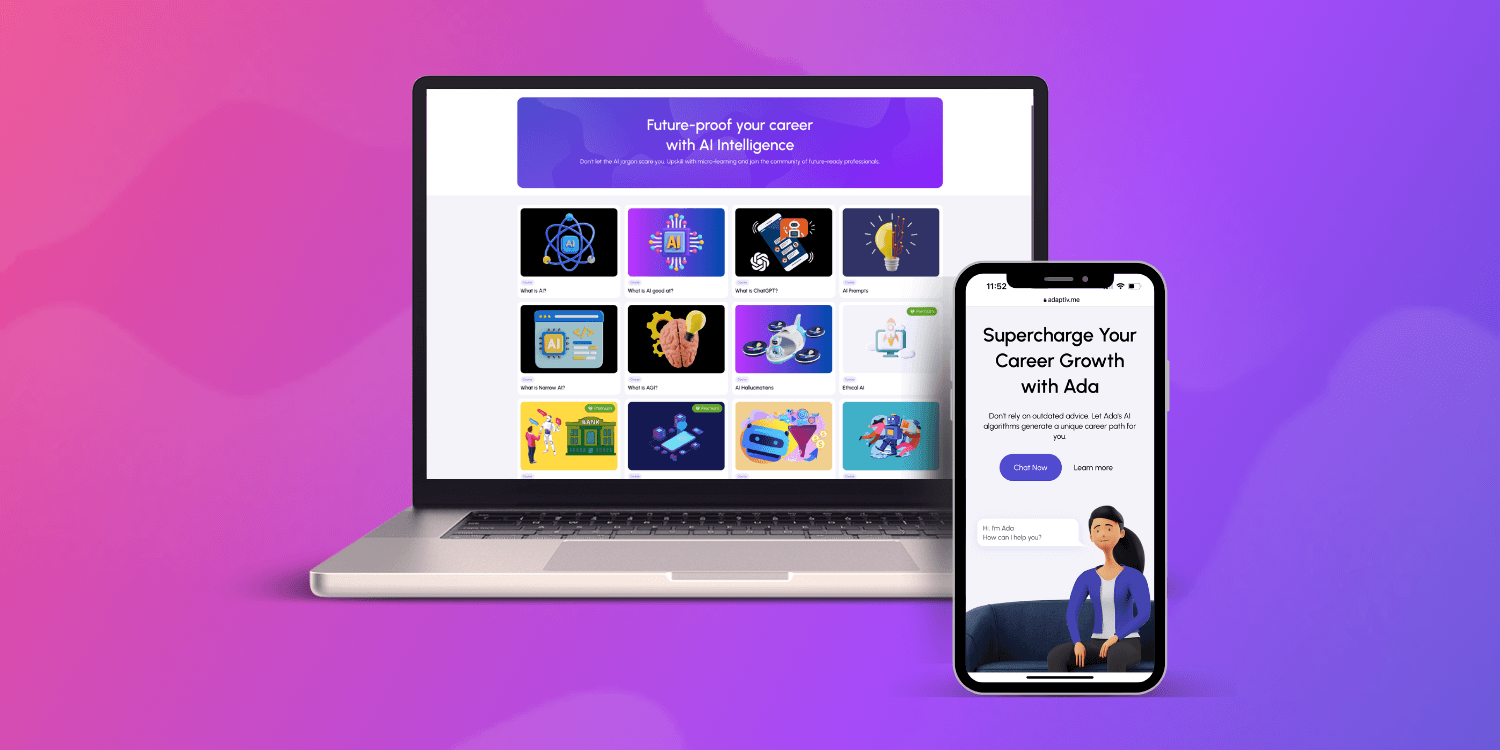Navigating the Future: The Importance of AI Literacy

In the fast-evolving landscape of the global job market, staying relevant is not just a choice but a necessity. A recent study by Amazon has shed light on a pivotal trend that highlights the growing significance of acquiring artificial intelligence skills. Employers are not only recognizing the value of AI literacy but are actively encouraging their workforce to embrace this transformative technology. According to the study, employers expect workers to increase their salary potential by up to 35% through the acquisition of AI skills. This echoes a sentiment that is gaining momentum across industries – AI literacy is becoming a cornerstone for professional growth.
Microsoft also conducted a survey that further amplifies the urgency of cultivating AI literacy. An astounding 82% of global leaders surveyed by Microsoft emphasized the need for new skills among their employees to navigate the burgeoning landscape of generative AI. This statistic underlines a growing realization among industry leaders that the future demands a workforce equipped with the knowledge and proficiency to harness the power of AI. The evolving nature of technology necessitates a parallel evolution in the skills of the workforce.
At the heart of this transformative shift is the acknowledgment that AI is not just a tool but a fundamental component of the skills-based infrastructure. The era where AI was confined to the realm of computer scientists and data analysts is rapidly fading. It is now permeating diverse sectors, from healthcare to finance, and reshaping the dynamics of how work is done. In this context, the importance of AI literacy cannot be overstated. Let's delve into the key aspects that highlight the critical role of AI literacy in shaping the future of work.
1. The Economic Incentive:
Unlocking Career Growth and Financial Rewards
The Amazon study illuminates a compelling economic incentive for individuals to invest in AI literacy. Employers are not only recognizing AI skills as valuable assets but are willing to reward their workforce for acquiring them. The prospect of a 35% increase in salary is a powerful motivator, signaling a seismic shift in how skills are valued in the job market. AI literacy is no longer a fringe competency; it is a currency that holds significant economic weight in the future job market.
2. Adapting to the Rise of Generative AI:
A Prerequisite for Professional Relevance
Microsoft's survey draws attention to the rapid rise of generative AI, a form of artificial intelligence that goes beyond traditional machine learning. The acknowledgment by 82% of global leaders that new skills are required to navigate this landscape is a call for professionals to prioritize AI literacy. Generative AI has the potential to revolutionize various industries, from content creation to problem-solving, and individuals equipped with the right skills will be at the forefront of this transformative wave.
3. AI as the Backbone of Skills-Based Infrastructure:
A Paradigm Shift
The assertion that AI is at the heart of the skills-based infrastructure marks a paradigm shift in how we perceive the relationship between technology and human capabilities. AI is no longer an adjunct to human skills but an integral part of the professional toolkit. To navigate the future of work, individuals must cultivate a deep understanding of AI and its applications. The skills-based infrastructure of tomorrow is one where AI literacy is not a luxury but a prerequisite for sustained professional success.
4. The Evolving Nature of Work:
Embracing AI Literacy for Career Resilience
As the nature of work undergoes rapid transformation, driven by technological advancements, individuals must adopt a mindset of continuous learning. AI literacy is not a one-time investment but a commitment to ongoing skill development. Embracing AI literacy is not merely about adapting to the current state of affairs but positioning oneself as a resilient and agile professional capable of navigating the dynamic landscapes of future work.
5. Cross-Industry Impact:
AI Literacy Beyond Technical Roles
The impact of AI literacy extends far beyond traditional technical roles. While technical expertise remains valuable, the integration of AI into various sectors means that professionals across disciplines, from marketing to healthcare, can benefit from AI literacy. Understanding how AI algorithms work, the ethical considerations surrounding AI, and the potential applications in diverse industries will be invaluable skills irrespective of one's primary field.
Embracing AI literacy is not just a professional choice; it is a strategic imperative for career growth and relevance. But with a subject as vast and overwhelming as AI, where should you start? We've put together a set of exclusive micro-courses to help you take the first step towards AI Literacy.

